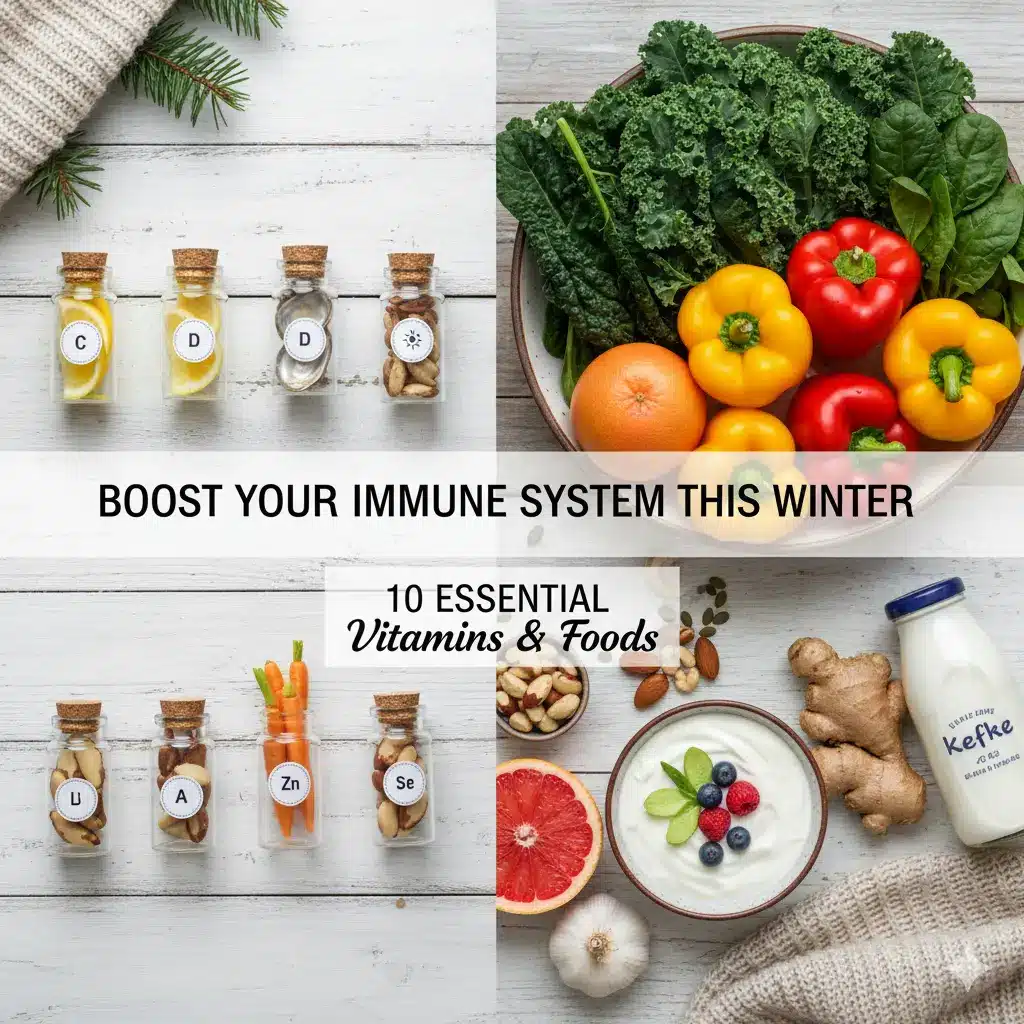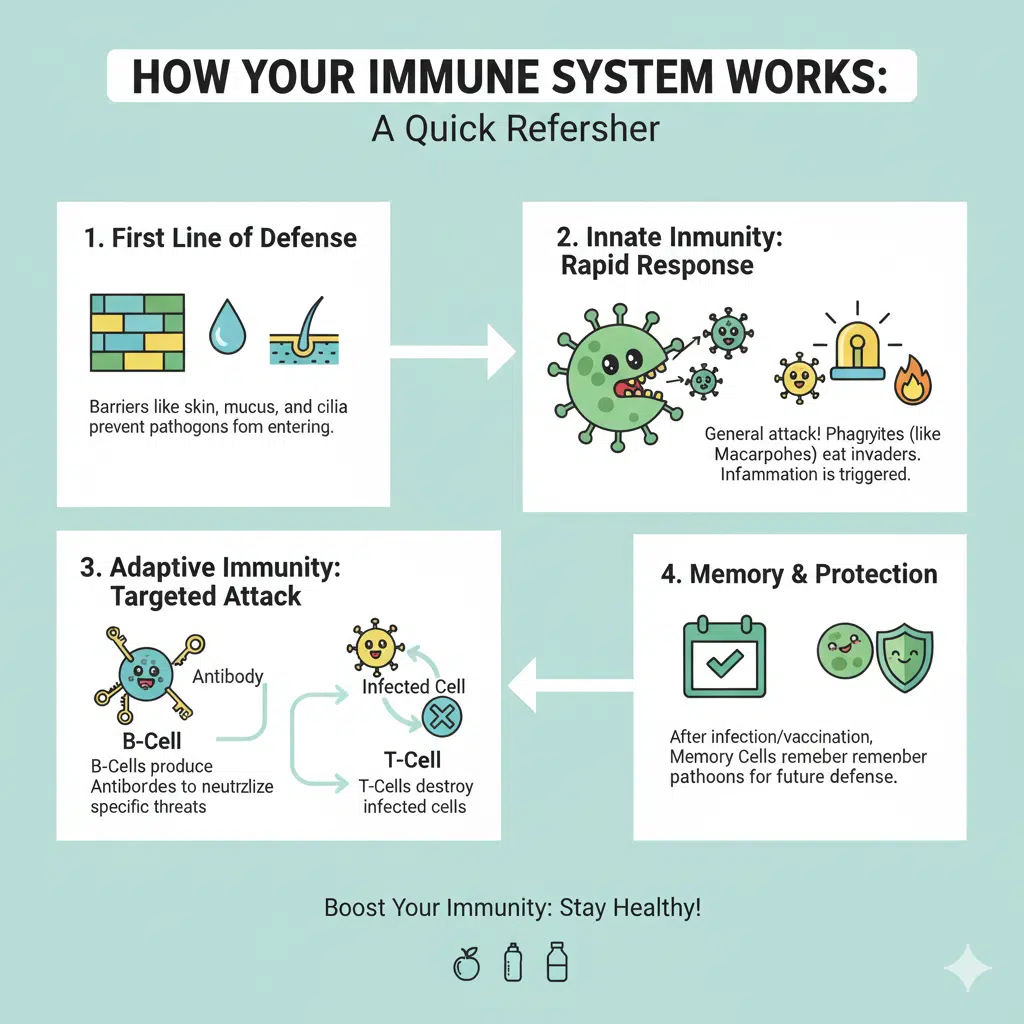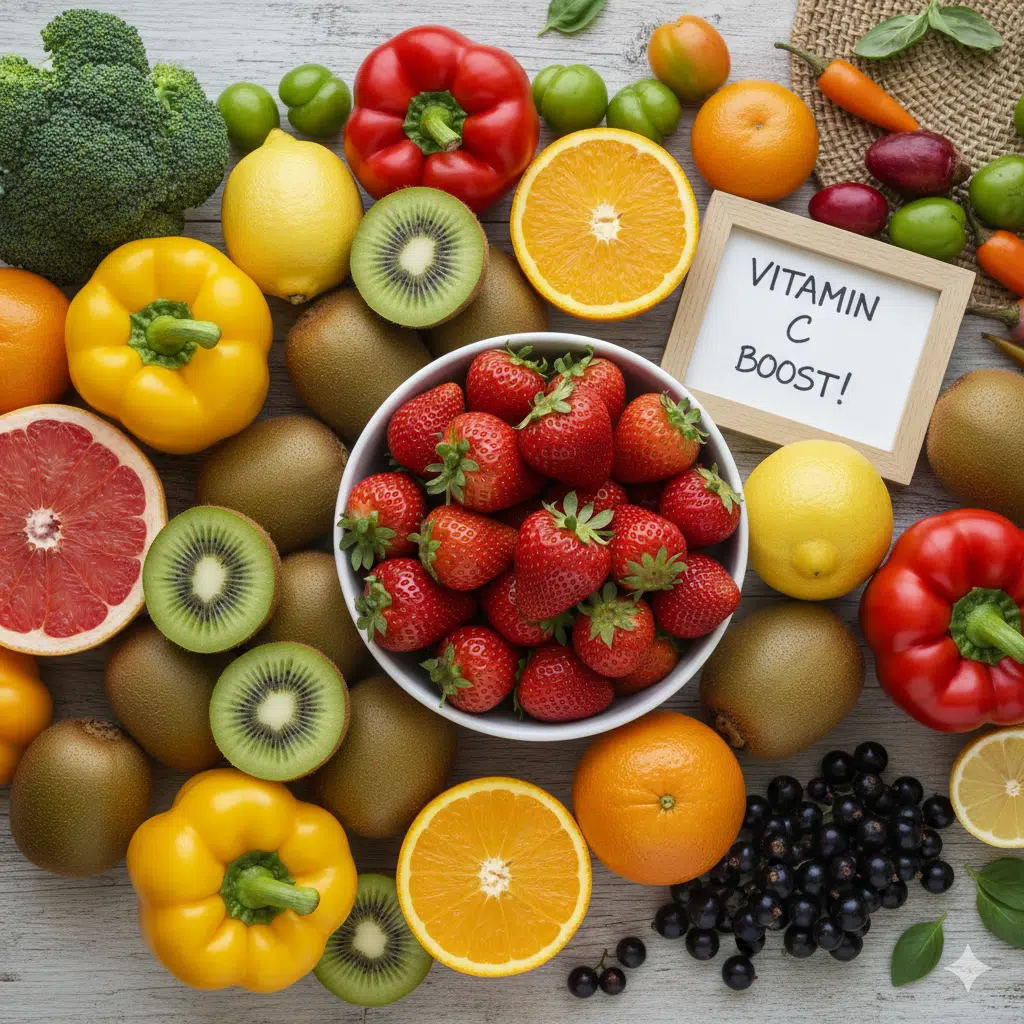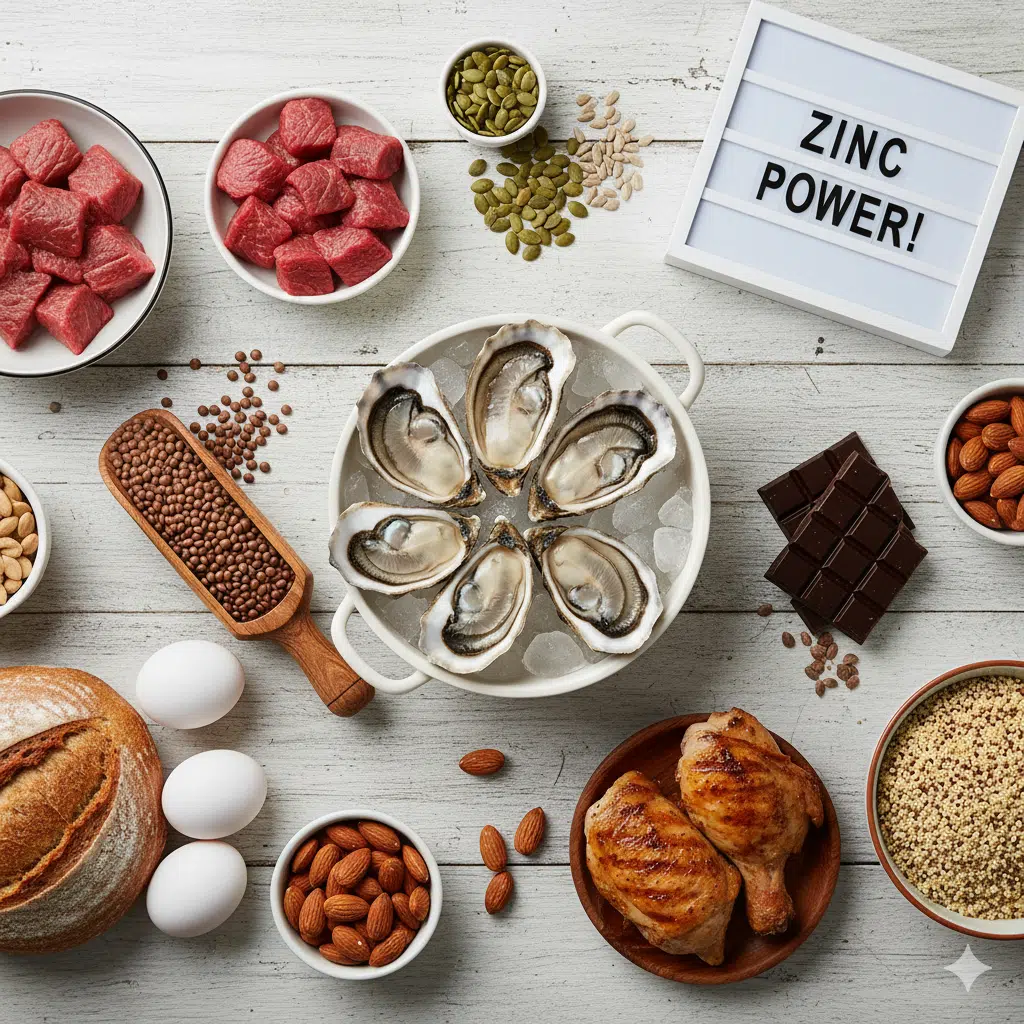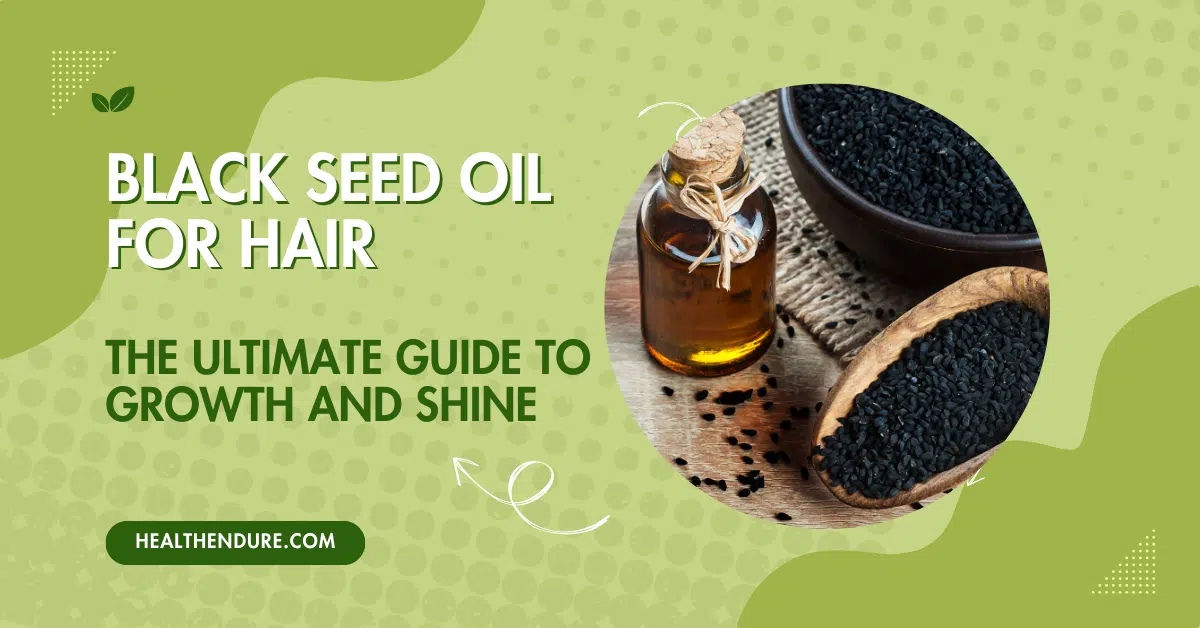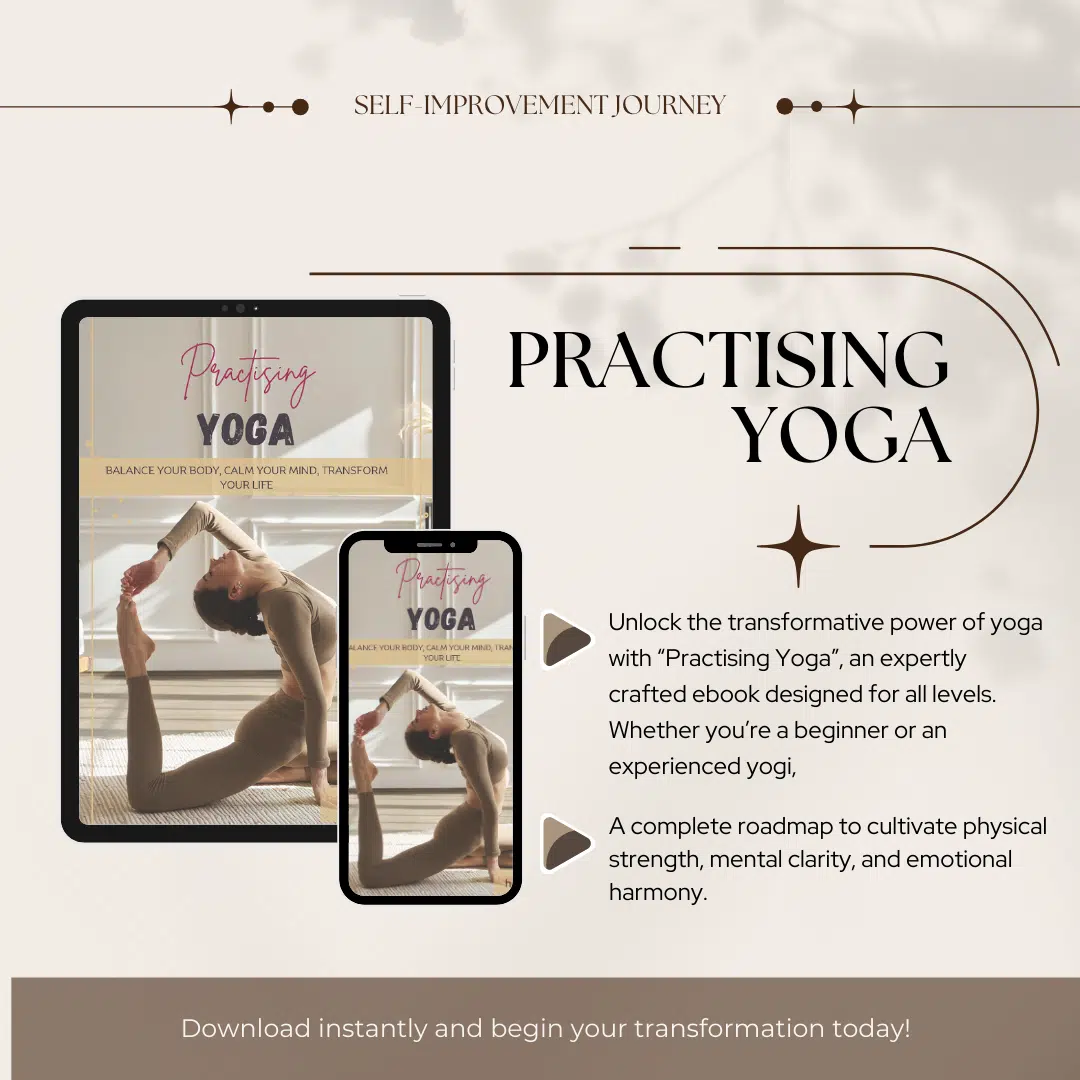As the days grow shorter and the temperature drops, the sound of sniffles and sneezes seems to be everywhere. You might be wondering: Is it possible to get through winter without the dreaded cold or flu? While there’s no magic shield, the answer lies in proactively supporting your body’s built-in defense network—your immune system.
This winter, instead of just hoping for the best, you can take actionable steps to fortify your body from the inside out. Forget quick fixes and miracle cures; the most powerful approach is rooted in science and sustained by your daily diet. This guide will walk you through the 10 best vitamins and foods, backed by research, to boost your immune system this winter, that’s prepared to face the season head-on.
How Your Immune System Works: A Quick Refresher
Before we dive into the specific vitamins and foods, it’s helpful to understand what you’re supporting. Your immune system isn’t a single entity; it’s a complex network of cells, tissues, and organs that work in harmony.
- The Innate Immune System: Your First Responder
This is your general, first line of defense. It includes physical barriers like your skin and mucous membranes, as well as immune cells that attack foreign invaders immediately. Think of it as the castle walls and guards. - The Adaptive Immune System: Your Special Forces
This part of your immunity is more sophisticated. It develops a targeted response to specific pathogens it has encountered before, creating “memory” (this is how vaccines work). These are the highly trained specialists who take out precise threats.
Note: The goal of nutrition is to provide the raw materials both of these systems need to function optimally.
The Power Duo: Why Food Beats Pills
It’s tempting to reach for a supplement bottle, but the best source of nutrients is a well-balanced diet.
- Synergy is Key
Whole foods contain a complex mix of vitamins, minerals, antioxidants, and fiber that work together in ways an isolated supplement cannot replicate. For example, an orange provides vitamin C, but also fiber, flavonoids, and water, which all contribute to its health benefits. - Bioavailability Matters
Your body often absorbs and utilizes nutrients from food more effectively than from synthetic supplements. The natural packaging of a food makes its nutrients more “bioavailable.”
Note: While supplements can be helpful for deficient individuals, they should complement, not replace, a nutrient-rich diet.
The Top 5 Immune-Boosting Vitamins & Minerals
These micronutrients are the workhorses of your immune response. Ensuring you get enough of them is a non-negotiable step for winter wellness.
1. Vitamin C: The Classic Winter Immunity Food
Why it works: Vitamin C is a powerful antioxidant that helps protect immune cells from damage caused by free radicals. It supports the function of both the innate and adaptive immune systems by encouraging the production and activity of white blood cells (lymphocytes and phagocytes).
Best Food Sources:
- Citrus fruits (oranges, grapefruits)
- Bell peppers (red and yellow are highest)
- Kiwi
- Broccoli
- Strawberries
2. Vitamin D: The Sunshine Shield
Why it works: Vitamin D is one of the best vitamins for the immune system. It is crucial for activating your immune defenses. It helps your T-cells (key players in your adaptive immune system) identify and fight off pathogens. Deficiency in Vitamin D is strongly linked to increased susceptibility to infection, especially in winter when sun exposure is low.
Best Food Sources:
- Fatty fish (salmon, mackerel, tuna)
- Fortified milk and plant-based milks
- Egg yolks
- Note: Consider a supplement, especially in winter, but consult your doctor first. For a deep dive on its importance and sources, see the Harvard T.H. Chan School of Public Health’s guide to Vitamin D.
3. Zinc: The Gatekeeper
Why it works: Zinc is involved in nearly every aspect of immune function. It’s essential for the development and communication of immune cells and acts as a catalyst in the immune response. Zinc also helps create a physical barrier in the lining of our respiratory tract.
Best Food Sources:
- Shellfish (oysters are the highest source)
- Legumes (chickpeas, lentils, beans)
- Pumpkin seeds
- Red meat and poultry
4. Vitamin A: The Mucous Membrane Manager
Why it works: Vitamin A is often called the “anti-inflammation vitamin.” It is critical for maintaining the health of your skin and the linings of your respiratory and digestive tracts, your body’s first physical barriers to infection.
Best Food Sources:
- Sweet potatoes
- Carrots
- Dark leafy greens (spinach, kale)
- Butternut squash
5. Selenium: The Powerful Antioxidant
Why it works: Selenium is a trace mineral that plays a key role in the health of your immune system by lowering oxidative stress in your body, which reduces inflammation and enhances immunity. It’s also crucial for the production of glutathione, your body’s “master antioxidant.”
Best Food Sources:
- Brazil nuts (just one or two a day is enough!)
- Tuna and sardines
- Eggs
- Sunflower seeds
Top 5 Best Immune-Boosting Foods to Eat Regularly
Incorporate these powerhouse foods into your weekly meal plan to deliver a broad spectrum of the nutrients listed above. To truly boost your immune system this winter, load up on citrus fruits and bell peppers, excellent sources of winter immune system boosters.
1. Citrus Fruits & Bell Peppers: The Vitamin C Powerhouses
How to use them:
- Start your day with half a grapefruit or a glass of real orange juice.
- Add sliced bell peppers to stir-fries, salads, and as a crunchy snack with hummus.
- Squeeze fresh lemon juice over roasted vegetables or into your water.
2. Garlic: The Ancient Immune Tonic
Why it works: Don’t underestimate the power of leafy greens like spinach and kale as the best immune boosting foods that offer vital nutrients for immune support during winter months. Garlic contains allicin, a sulfur-containing compound that gives it its potent aroma and immune-boosting properties. Studies suggest that garlic can enhance the disease-fighting response of white blood cells when they encounter viruses. Incorporating garlic into your meals is one of the most effective natural ways to strengthen the immune system in winter, helping to prevent colds and flu naturally.
How to use it:
- Crush or chop fresh garlic and let it sit for 10 minutes before cooking to activate the allicin.
- Add it to soups, sauces, marinades, and roasted vegetables.
3. Ginger: The Anti-Inflammatory Root
Why it works: Ginger has powerful anti-inflammatory and antioxidant properties. It can help decrease inflammation, which can support recovery when you’re feeling under the weather. Its warming nature is also soothing for a sore throat.
How to use it:
- Grate fresh ginger into tea, smoothies, or stir-fries.
- Use powdered ginger in baking and oatmeal.
4. Spinach & Kale: The Leafy Green Protectors
Why they work: These leafy greens are nutritional powerhouses, providing not only Vitamin C but also beta-carotene (which the body converts to Vitamin A) and a host of other antioxidants. They are key to supporting the body’s natural defense systems.
How to use them:
- Lightly cook spinach to maximize its Vitamin A availability and add to eggs, pasta, or as a side dish.
- Massage kale with a little olive oil to make it tender for salads.
- Blend a handful into your morning smoothie.
5. Yogurt & Kefir: The Gut Health Guardians (H3)
Why they work: A significant portion of your immune system resides in your gut. Probiotics, the beneficial bacteria found in fermented foods like yogurt and kefir, help maintain a healthy balance of gut flora, which is essential for a robust immune response. Regularly consuming probiotics from yogurt and kefir is a smart strategy for how to boost the immune system naturally in winter, significantly contributing to strengthen immunity against winter illness. To understand more about the critical link between your gut and your health, explore this in-depth resource on the microbiome from Harvard.
How to use them:
- Choose plain, unsweetened yogurt or kefir to avoid added sugars.
- Enjoy it for breakfast with berries and nuts, or use it as a base for smoothies and dressings.
Lifestyle is Key: Beyond the Plate
Nutrition is critical, but it’s only one piece of the puzzle. For a truly resilient immune system, pair your healthy diet with these lifestyle habits.
- Prioritize Quality Sleep
During sleep, your body produces and distributes key immune cells like cytokines. Chronic sleep deprivation can dramatically reduce your immune function. - Manage Chronic Stress
Long-term stress floods your body with cortisol, a hormone that suppresses immune system function. Find healthy outlets like meditation, walking, or reading. - Move Your Body Regularly
Moderate, regular exercise can reduce inflammation and help immune cells regenerate. However, intense, prolonged exercise without rest can have the opposite effect.
Conclusion
Building a strong immune system for winter isn’t about a single superfood or a last-minute supplement. It’s a consistent, holistic practice fueled by the powerful combination of nutrient-dense foods and a healthy lifestyle. By incorporating these 10 vitamins and foods—from the classic Vitamin C in citrus to the gut-supporting probiotics in yogurt, you are giving your body the essential tools it needs to mount a strong defense.
Remember, consistency is more impactful than perfection. Start by adding one or two of these foods to your diet this week, and build from there.
Frequently Asked Questions
Q: What is the fastest way to boost your immune system?
A: There is no instant “boost,” but the most effective short-term strategies are to prioritize sleep, manage stress, and ensure you are hydrated and eating nutrient-rich foods like the ones listed above. Consistency is the true key to a resilient immune system.
Q: Can you take too many vitamins for your immunity?
A: Yes, especially with fat-soluble vitamins (A, D, E, K), which are stored in the body. Megadoses of certain supplements can be toxic and can actually impair immune function. It’s always best to focus on getting nutrients from food and to consult a doctor before starting any new supplement regimen.
Q: How does gut health affect immunity?
A: A huge portion of your immune system is located in your gut. A healthy gut microbiome, supported by probiotics and prebiotic fiber, helps regulate immune responses, teaches immune cells to distinguish between friend and foe, and produces compounds that fight off pathogens.
Q: Are there any foods that weaken the immune system?
A: A diet high in ultra-processed foods, added sugars, and unhealthy fats can promote inflammation and disrupt the balance of healthy gut bacteria, thereby suppressing immune function. Limiting sugary drinks, processed snacks, and excessive alcohol is beneficial for immune health.
Q: Is the “5-second rule” safe for immune health?
A: No, the “5-second rule” is a myth. Bacteria can transfer to food almost instantly upon contact with a contaminated surface. A strong immune system can often handle small exposures, but it’s best practice to avoid eating food that has fallen on the floor, especially during cold and flu season.

